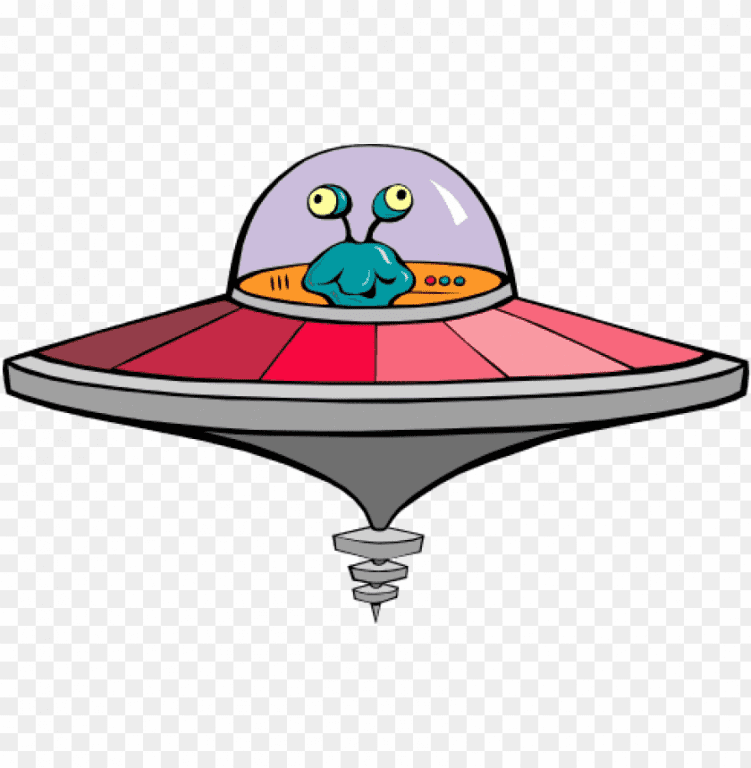By my count there are only three Jesuits featured in science fiction literature: a biologist, a linguist, and an astrophysicist, and each jettisons his spirituality, even his faith, and one goes heretic. Not a good record, but it is only fiction. (If there are more Jesuits in space, let me know.)
The authors draw their characters sympathetically with sensitivity; these guys are priests. Yet for each in these stories there is, well, something untimely missing: a solidity of faith and confidence in theological teaching. These priests are not theologically dumb yet each fall victim to poor theological judgment. The stories are reverently drawn; the writers aren’t anti-Catholic or anti-clergy but neither are they theologians. Which also explains why their priestly characters each miss something fundamental. Clearly something has gone wrong.
Father Ramon Ruiz-Sanchez, the Jesuit biologist in A Case of Conscience (1958) by James Blish (largely remembered for this role in developing Star Trek) falls into heresy, a very basic one. For that he undergoes a stern session of remedial education from a friendly but finger-wagging pope.
The Star (1955), Arthur C. Clarke’s short-short story, depicts an unnamed Jesuit astrophysicist, the narrator, who is part of a mission exploring a remnant star following a supernova. He ends up amid the debris of his faith. He stares at a crucifix and “for the first time wonders if it is no more than an empty symbol.” That may have been more Clarke talking than his Jesuit character, but there it is.
The Sparrow (1996), by Mary Doria Russell, finds linguist Fr. Emilio Sandoz as the sole survivor of a disastrous first contact attempt, Vatican financed and manned, incidentally. The mission discovers two intelligent species inhabiting the planet Rakhat. Sandoz returns spiritually broken, physically maimed, miserably overwhelmed by guilt, and seething with anger toward God.
The Jesuits in these stories are men of science and men of faith. Yet each finds his faith overwhelmed – not by science but by unexpected realities for which, we are to believe, they were completely unprepared.
Fr. Ruiz-Sanchez (Case of Conscience) encounters, Lithia, a paradise planet. Inhabited by a bipedal reptilian race. governing themselves by logic, science, and reason, Lithian society operates without a shred of religion and, inexplicably, with no notion of evil and, by extension, of good. Yet they are insistently ethical. It’s just the way things are supremely, perfectly ordered. The team must assess the planet, deciding whether to open the Lithians to trade and, naturally, to exploitation. Though overruled, Fr. Ruiz-Sanchez instead wants an immediate and and absolute quarantine. He is convinced the too-perfect planet and the Lithians themselves are a creation of evil.
Heresy, of course. The Prince of Lies has no creative power; he cannot make things. The Lithians overturn Ruiz-Sanchez’s confidence in Church teaching. Back on earth, though, the pope want to know if Fr. Ruiz-Sanchez took notes during Theology 101; not really, but I’d love to read it. In any case the pope points to the Manichean error in Ruiz-Sanchez’s thinking, and tells the priest he should have exorcised planet when he had the chance. Happily, the priest gets another opportunity and does exactly that, and the planet goes poof!
There may be been another coincident reason, but readers get to figure that out for themselves. But for Ruiz-Sanchez, the Lithian challenge to settled doctrine is solved by “Exorcizo te.”
The unnamed Jesuit astrophysicist in Clarke’s The Star also has faith problem. The expedition reaches the burned out star and discovers here was home to a winsome, compelling, accomplished race, at peace for a thousand years. Knowing their star would soon go nova, they placed a vault on the outermost planet of their system, hoping future passersby would find it. They wanted someone to know of their existence before, in a flash of fire, they and their works vanished. The astrophysicist-priest discovers the date when star went nova, precisely matched to Bethlehem’s star, heralding the birth of Christ. The priest is in anguish. Why were these good people put to the fire? Why is the universe designed, if it was designed that random acts of destruction can mar the beauty of the cosmos? Is God indifferently callus or a capaciously cosmic jokester, or both?
The Jesuit linguist in The Sparrow, Fr. Emilio Sandoz, returns to earth, denatured of faith, skeptical now of God’s purposes. Of the two intelligent species found on planet Rakhat, the one (Runa) is a prey animal for the other (Jana’ata). The mission team inadvertently launches a failed social revolution. They teach the Runa agriculture and give them amorphous notions of self-determination. This proves ruinous to Fr. Ruiz-Sanchez (who ends up a sex slave to one of the Jana’ata), for all of his companions (killed by the Jana’ata), and to the Runa, victims now of a bloody Jana’ata culling. It is a messy tail.
For all three, the theological problem is the problem of evil, called theodicy: How to vindicate a good God given the existence of evil. How, put another way, does a good God coexist with evil? The atheist answer is always the same: such coexistence is impossible; either God is not good or, more likely, there is no god.
 There are Christian responses to the question of evil. The more faithful of them find their center in the death of God-in-Christ for a creation gone awry. But this isn’t the place, and this isn’t the moment, to talk about that. But answers do exist, and with the cross at the center not difficult to grasp.
There are Christian responses to the question of evil. The more faithful of them find their center in the death of God-in-Christ for a creation gone awry. But this isn’t the place, and this isn’t the moment, to talk about that. But answers do exist, and with the cross at the center not difficult to grasp.
What makes these science fiction stories so attractive, though, are the priests, Jesuits to boot. Science fiction featuring protagonist Jesuits isn’t a genre. It isn’t even a sub-genre. Science fiction that approaches Christian religion with respect, as these do, doesn’t rise to a sub-sub-genre. Science fiction writers who take up theological themes to drive their stories can be counted on one hand, if that many. These are exciting stories, profound in their way and, if the poor Jesuitical theology inspires you to search for better answers, that’s good too.
















